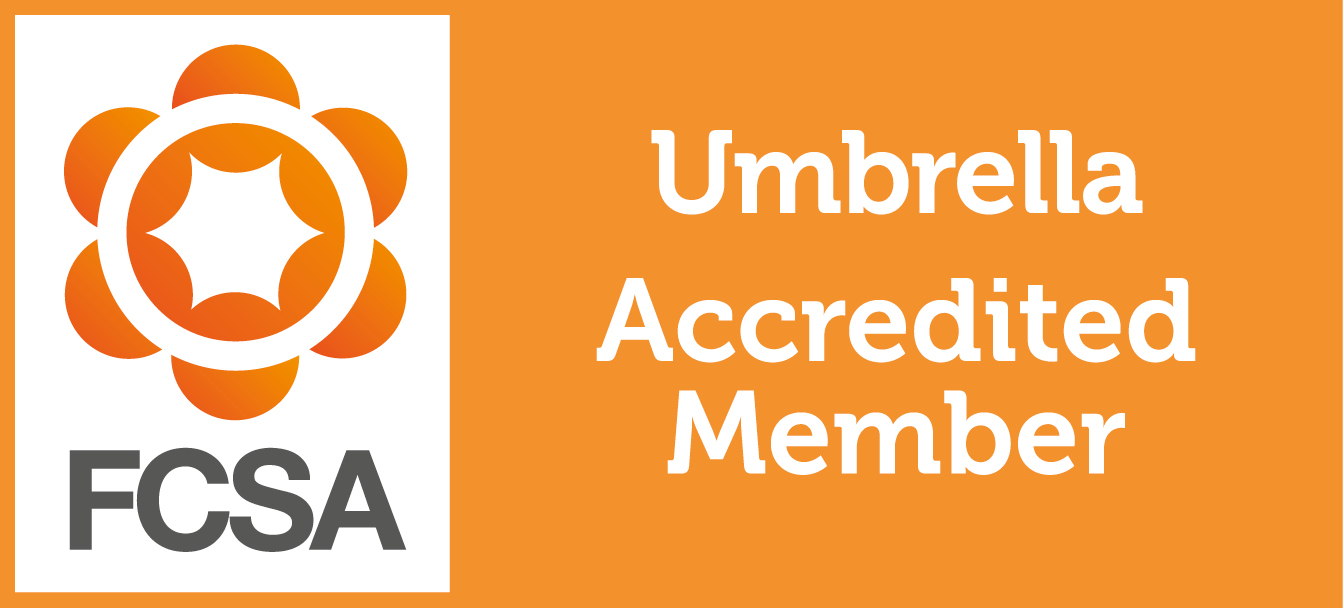IR35, or off-payroll as it is now commonly referred to, came into effect in April 2000 as a way for HMRC to collect taxes and National Insurance Contributions (NICs) from disguised employees.
A disguised employee is a worker who supplies their services to clients via an intermediary – such as a limited company – who would otherwise be an employee if the intermediary were used. Since most contractors who operate via limited companies are the only director and shareholder, these are called Personal Service Companies (PSCs). Before 2017, all contractors working via PSCs could determine their IR35 status and legally make savings on income tax and National Insurance as a company providing a service to the end-clients company.
HMRC concluded that too many individuals with PSCs were operating similarly to employees and were avoiding paying the correct amount of tax and NICs. As a result, off-payroll in the public sector was introduced in April 2017 to tackle this perceived tax avoidance through the use of intermediaries in the public realm. The introduction of the legislation shifted the responsibility for determining the employment status from the individual working through the intermediary to the public sector client engaging them.
The off-payroll reform also made the fee-payer (usually the public sector end client or recruitment agency) responsible for accounting for and paying income tax and NICs to HMRC on behalf of the worker. With most contract roles in the public sector falling inside IR35 due to the nature of the work, the best payroll options in the public sector are now umbrella companies or agency PAYE.













